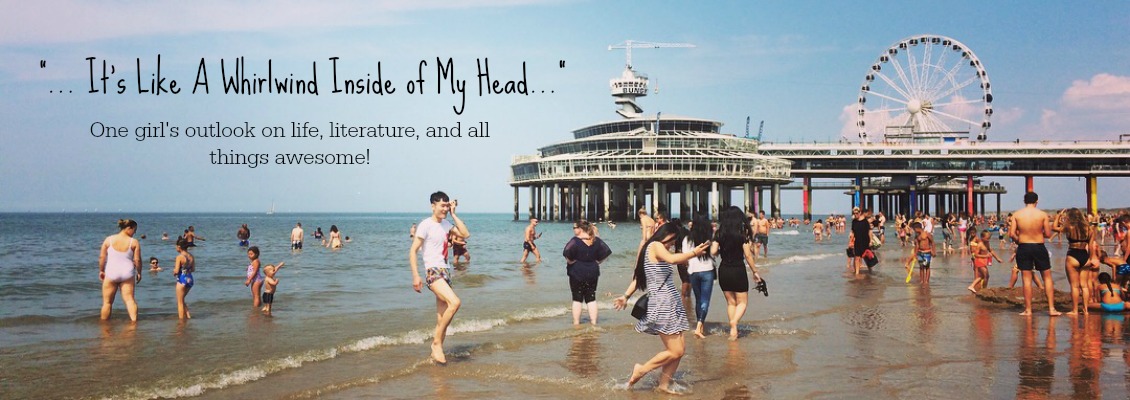The things that I liked about this book can essentially be boiled down to these things: The name 'Matisse,' Hal, and the cover. Being a French enthusiast, it was really need to read about Matisse's parent's first meeting and how they came to name their child after a French artist. That, to me, was really meaningful and adorable.
Hal was one of the only very like-able characters. He had issues that he needed to work through with his parents, who were not very accepting of his passion for organic farming. To balance this out, he knew how to handle himself-- he enjoyed meditation and had a very amiable nature to him. He listened to Matisse even when she was being horrible. In short, while he wasn't a perfect character, he was more well-developed than the other characters in this book.
The cover is beautiful. Along with the title of the book, I was very drawn in by the simplicity of the photography. I love simple covers. I do have to say though, that the model on the cover looks a bit older than sixteen, but looking at the cover from an artistic stand-point, I really do love it.
As I've briefly touched on before, I'm not a fan of the characters. Most of the students (in this book) who lived in Prague was very stereotypical. The head cheerleaders was beautiful and an absolute "insert-alternative-word-for-female-dog-here," nothing seemed to make Matisse or Violet happy, Marco was just... he was nice and at times a little goofy, but other than that, there really wasn't a lot to him. The characters really fell flat for me and that made a lot of the rest of the book fall flat as well.
I didn't really like Matisse's reaction to her father having Parkinson's Disease. I get that she was having a hard time accepting that this was happening to her father and her family, but between the students at Milo High School, Friends, and everyone else Matisse knew, they acted like he was already dead. That's the biggest thing that bugged me. Matisse's father's depression over this diagnosis and dealing with the symptoms was understanding. Everyone else offered sympathy and acted like he was dead. It's a debilitating disease, but he's still there, fully capable of functioning in certain ways. Certainly not the way he used to before, but he can still participate.
Matisse's hate for Prague was really exhausting to read about. She's was just very ticked off to be there. Her mind was completely closed to what Prague, New York might offer her that New York, New York couldn't. Even when some people tried to be nice, she claimed to hate them. It was horrible.
The ending just got to me. Matisse said 'sorry' and suddenly everything was better. She found a neat boyfriend. Violet was asked out by the guy who had been picking on her since she was four. Suddenly Hal's problems with his parents were resolved. The results were kind of explained, but not in a very satisfying way.
As much as I really wanted to like this book, this book was not a favorite at all. This was a very uplifting read in that everything ends up okay and things end up kind of resolving themselves. On another note, the was a very exhausting book. The characters stayed within their own stereotypes (usually the average teenager who isn't really interested in anything), things that should have been big events really fell short of their potential... it just didn't work.
I give 'Alive and Well in Prague, New York':
--Jude















